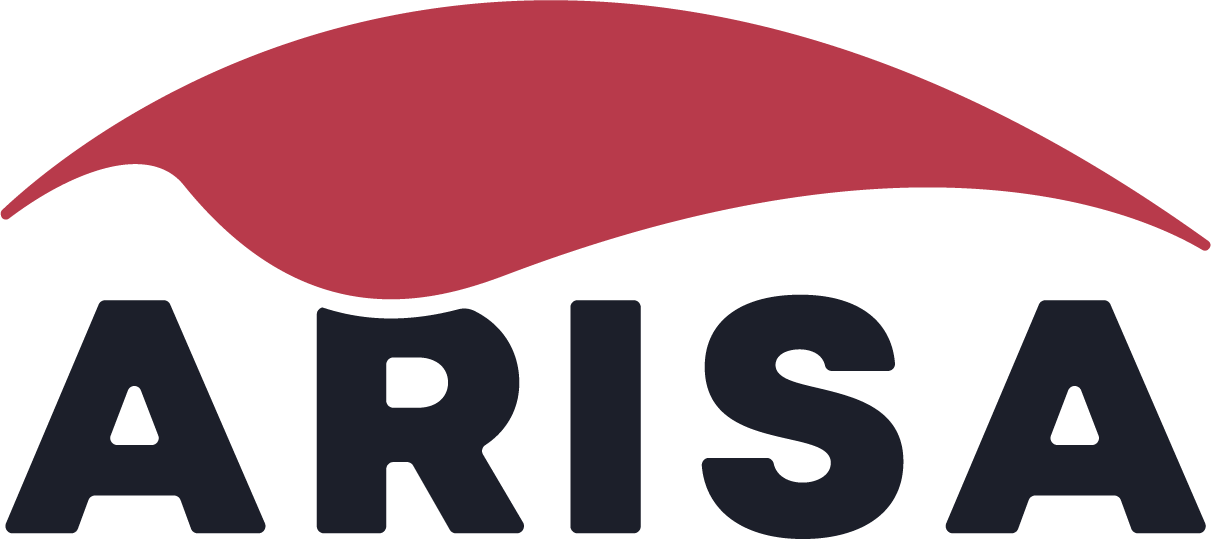In some cases, Arisa works with companies on a long-term basis. This is often in the context of broader initiatives involving trade unions, other civil society organisations and the government as well as companies. For companies, such collaboration can help them to address abuses in their supply chains.
We look for the following when deciding whether to join an initiative: the initiative must have concrete objectives; companies must remain ultimately responsible; and they must be willing to make a substantial commitment and be transparent about the supply chain. Government involvement in the initiative and a link to government policy are also important factors.

